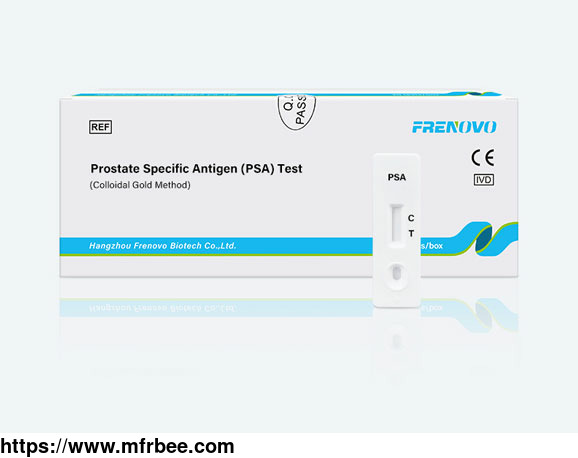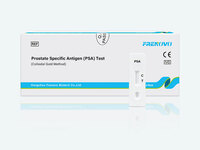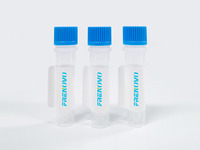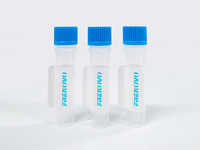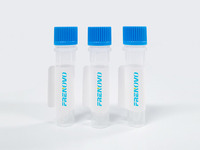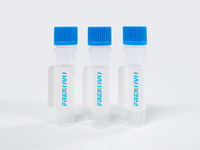Prostate Specific Antigen (PSA) Rapid Test
Product Quick Detail
- FOB Price
- USD $2.00 / Piece
- Minimum Order
- 1
- Place Of Origin
- china
- Packaging
- N/A
- Delivery
- 15 Days
Specifications
A PSA test measures the level of prostate-specific antigen (PSA) in the blood. It can help to diagnose and monitor prostate disease. PSA is a protein made only in the prostate gland. Low levels of
PSA are normally present in the blood but as a man gets older, the prostate often grows and the level of PSA gets higher. An elevated PSA level does not equal a diagnosis of prostate cancer. A
raised PSA level in the blood just means something is happening in the prostate which, in most instances, is not due to cancer. The causes of raised PSA levels include the noncancerous growth of
the prostate that happens with ageing (benign prostatic enlargement); inflammation or infection of the prostate (prostatitis); and, least commonly, prostate cancer.
What Is The prostate kit test
Prostate-specific antigen, or PSA, is a protein produced by normal, as well as malignant, cells of the prostate gland. The PSA test measures the level of PSA in a man’s blood. For this test, a
blood sample is sent to a laboratory for analysis. The results are usually reported as nanograms of PSA per milliliter (ng/mL) of blood.
The blood level of PSA is often elevated in men with prostate cancer, and the PSA test was originally approved by the US Food and Drug Administration (FDA) in 1986 to monitor the progression of
prostate cancer in men who had already been diagnosed with the disease. In 1994, FDA approved the use of the PSA test in conjunction with a digital rectal exam (DRE) to test asymptomatic men for
prostate cancer. Men who report prostate symptoms often undergo PSA testing (along with a DRE) to help doctors determine the nature of the problem.
What Is A Normal psa kit test Result
There is no specific normal or abnormal level of PSA in the blood, and levels may vary over time in the same man. In the past, most doctors considered PSA levels of 4.0 ng/mL and lower as normal.
Therefore, if a man had a PSA level above 4.0 ng/mL, doctors would often recommend a prostate biopsy to determine whether prostate cancer was present.
However, more recent studies have shown that some men with PSA levels below 4.0 ng/mL have prostate cancer and that many men with higher levels do not have prostate cancer (1). In addition, various
factors can cause a man's PSA level to fluctuate. For example, a man's PSA level often rises if he has prostatitis or a urinary tract infection. Prostate biopsies and prostate surgery also
increase PSA level. Conversely, some drugs—including finasteride (Proscar) and dutasteride (Avodart), which are used to treat BPH—lower a man’s PSA level. PSA level may also vary somewhat across
testing laboratories.
Another complicating factor is that studies to establish the normal range of PSA levels have been conducted primarily in populations of White men. Although expert opinions vary, there is no clear
consensus regarding the optimal PSA threshold for recommending a prostate biopsy for men of any racial or ethnic group.
In general, however, the higher a man's PSA level, the more likely it is that he has prostate cancer. Moreover, a continuous rise in a man’s PSA level over time may also be a sign of prostate
cancer.
As one of the one step rapid test manufacturers, we provide china rapid kit, prostate specific antigen test kit, prostate cancer kit, prostatitis test kit, prostate cancer test kit, nt probnp test,
etc. Want to know psa test kit price or more, contact us.
- Country: China (Mainland)
- Contact: FREN OVO
